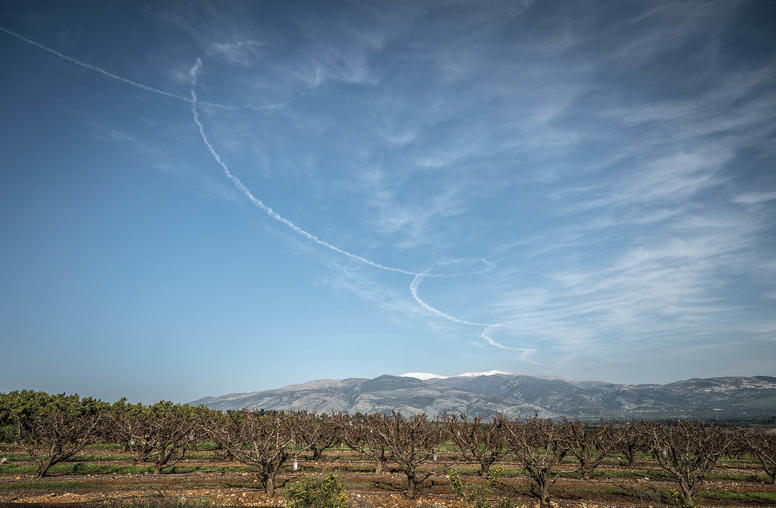Syria’s Socially Mediated Civil War
Much of what the outside world thinks it knows about Syria has come from videos, analysis, and commentary circulated through social media. In the report, leading social media researchers assess the sources of this content, its credibility, and how it travels. Their examination of English-language and Arabic-language Twitter feeds on Syria reveal insular networks with vastly different content, calling into question Western reliance on English-only sources of information on the conflict.
Summary
- Analysis of the unprecedented use of social media on Syria points to important findings on the role of new media in conflict zones. In particular, social media create a dangerous illusion of unmediated information flows.
- Key curation hubs within networks may now play a gatekeeping role as powerful as that of television producers and newspaper editors.
- The implications for policymakers driven by responsibility to protect concerns are serious.
- The pattern in social media toward clustering into insular like-minded communities is unmistakable and has profound implications.
- We need a more sophisticated understanding of structural bias in social media and the difficult challenges in activist curation. It is not enough to develop methods for authenti- cating particular videos or vetting specific claims.
- Better ways of connecting online trends to real-world developments are critical.
- Research focused on individual transformation, regime policies, group dynamics, collective action, and external attention will likely be more productive than broader questions about citizen journalism or the Internet's effects on political conflict.
- The study of mainstream media's use of social media content should be extended to include television and the distinct demands for broadcast footage.
- The rapid growth in Arabic social media use poses serious problems for any research that draws only on English-language sources.
- We need far better tools for sentiment analysis to speak with confidence about the real political meaning of identified clusters and trends.
- Findings also need to begin to link descriptive analytics in causal ways to behavior, atti- tudes, or political outcomes. These findings need to be placed within the political process, and their specific effects measured on a variety of potential outcomes.
- The appropriate response to these challenges is not to abandon social media evidence, were that even possible, but rather to develop systematic procedures to guard against predictable fallacies.
About the Report
In this report from the USIP PeaceTech Initiative, a team of scholars from George Washington University and American University analyze the role of social media in Syria's civil war. The report focuses primarily on group dynamics, activist organizations' use of online media, and the relationship between new and traditional media. It draws on a public conference held in Washington, D.C., in September 2012 with Syrian activists, Western journalists, and policy analysts, as well as on a private workshop held in April 2013 at Stanford University with academic researchers and leading research scientists from top technology firms. It presents novel empirical research on Twitter conversations about Syria that demonstrates important new findings about differences across Arabic and English users, and about the emergence of distinct, insular clusters of discourse. This report is part of the ongoing Blogs and Bullets project led by USIP's PeaceTech Initiative, in partnership with George Washington University's Institute for Public Diplomacy and Global Communication. It builds on two other reports, published in 2010 and 2012: "Blogs and Bullets: New Media in Contentious Politics" and "Blogs and Bullets II: New Media and Conflict After the Arab Spring."
About the Author
Marc Lynch is a professor of political science and international affairs at George Washington University and director of the Institute for Middle East Studies. Deen Freelon is an assistant professor of communication at American University. Sean Aday is an associate professor of media and public affairs and international affairs at George Washington University and director of the Institute for Public Diplomacy and Global Communication.
Explore Further
- Blogs and Bullets: New Media in Contentious Politics
- Blogs and Bullets II: New Media and Conflict after the Arab Spring



